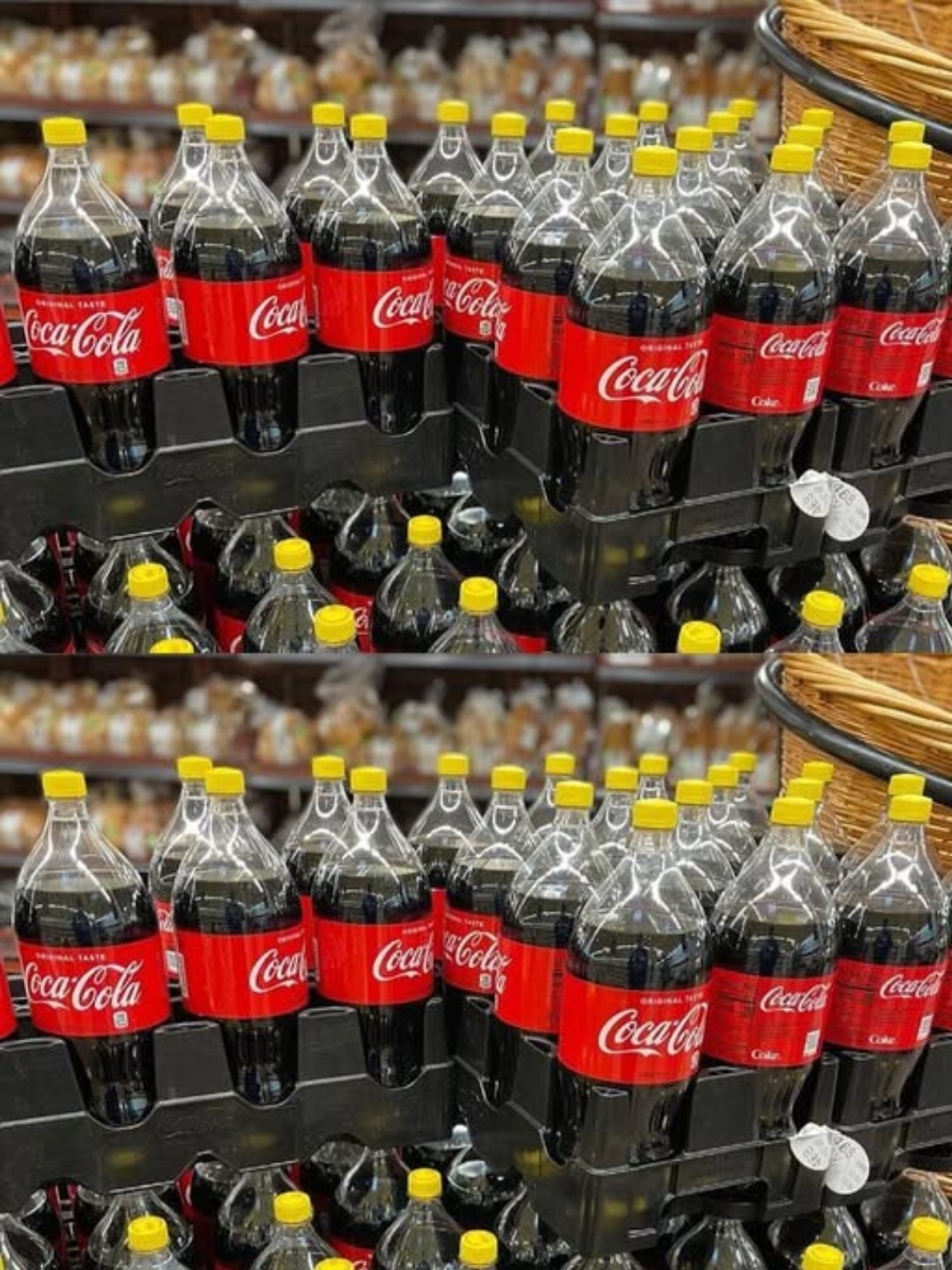You’re at the grocery store.
You reach for your usual Coke.
But something’s different.
The cap isn’t red.
It’s bright yellow.
Not flashy.
Not holiday-themed.
Just… yellow.
You pause.
You wonder:
“Is this a new flavor? A limited edition? Did I miss a memo?”
But it’s not marketing.
It’s not a gimmick.
It’s respect.
That yellow cap marks a special version of Coca-Cola — one made with kosher-for-Passover ingredients — and it’s been quietly appearing on shelves for decades.
Let’s explore the story behind the yellow cap — and why this small change means so much to so many.
What the Yellow Cap Means: Passover-Approved Coke
Every spring, during the Jewish holiday of Passover (Pesach), observant Jewish families follow strict dietary laws.
One of the most important?
Avoiding chametz — any food made from wheat, barley, rye, oats, or spelt that has fermented or risen.
But there’s another rule that affects soda:
Kitniyot — a category of foods (including corn, rice, and legumes) that some Jewish communities avoid during Passover — especially those of Ashkenazi descent.
And here’s the problem:
And here’s the problem:
Regular Coca-Cola is sweetened with high-fructose corn syrup.
Corn = kitniyot.
So for many Jewish families, regular Coke is off-limits during the holiday.
But Coca-Cola didn’t just say, “Too bad.”
They said, “Let’s fix it.”
The Science of Kosher-For-Passover Coke
To make Coke acceptable for Passover, Coca-Cola makes a special batch — sweetened with pure cane sugar instead of corn syrup.
Why does that matter?
Cane sugar is not kitniyot
It’s processed in a certified kosher facility
It’s overseen by rabbinical authorities to ensure it meets kashrut (Jewish dietary law) standards
This version is labeled with a yellow cap — a simple, quiet signal that says:
“This one’s different. This one’s for Passover.”
And yes — it tastes slightly different too.
Smoother.
A little richer.
SEE NEXT PAGE
ADVERTISEMENT

